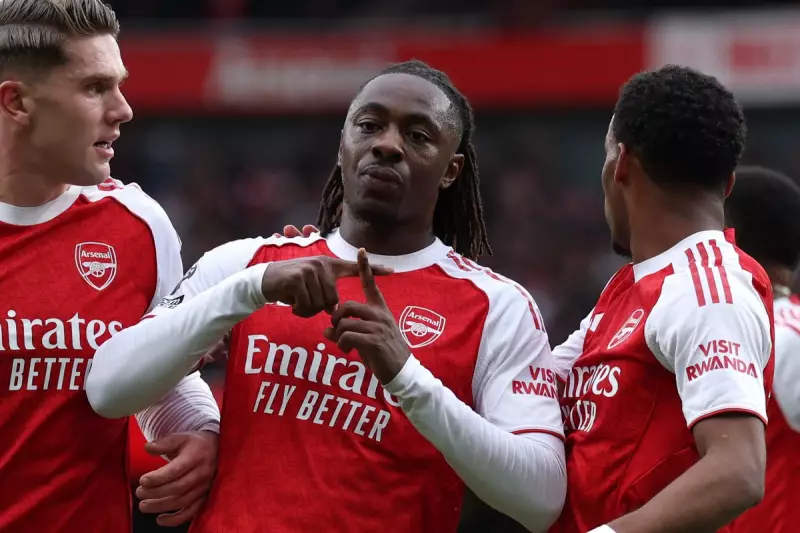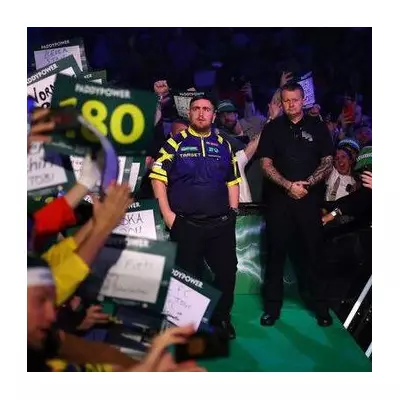
The landscape of North London football has undergone a seismic shift following Eberechi Eze's controversial transfer to Arsenal, triggering boardroom revolutions at both rival clubs that have changed their futures forever.
The Succession Era Begins
In what Premier League insiders are calling a real-life version of Succession, September 2025 witnessed the dramatic departure of Daniel Levy from Tottenham Hotspur after decades of leadership. The shock exit came as Vivienne Lewis, daughter of former Spurs owner Joe Lewis, began appearing prominently at matches, signalling an impending power shift that rival executives immediately recognised as ominous for Levy's future.
The changes extend across North London, with former Arsenal CEO Vinai Venkatesham now installed at Spurs while Josh Kroenke, son of Arsenal owner Stan, takes increasing control at the Emirates. This represents the first major handover of power to billionaire heirs in English football's modern US capitalist era.
Boardroom Intrigue and Power Struggles
At Arsenal, the situation proved equally turbulent. Tim Lewis, the executive vice-chairman credited with restoring the club to seriousness and direction, found himself ousted despite his instrumental role in the club's resurgence. Multiple sources indicate that Josh Kroenke's desire to assume greater control created inevitable tension with Lewis, who had been the driving force behind Arsenal's multi-year strategy to return to the top.
The Eze signing became symbolic of this power struggle. Lewis had convinced the Kroenke ownership to push through the deal, particularly after Kai Havertz's injury increased pressure for immediate success. The transfer represented not just a football coup but a statement of intent - and one that directly gazumped their North London rivals.
Tottenham's New Direction
For Tottenham, the Eze setback proved the final straw in a series of transfer disappointments that prompted the Lewis family to reassess Levy's leadership. Despite his remarkable achievement in transforming Spurs from mid-table uncertainty to Champions League finalists with a world-class stadium, the ownership felt the club needed fresh direction to reach the next level.
Insiders describe Levy as being completely blindsided by his September departure, having operated with such autonomy that he didn't conceive the Lewis family could remove him. The new leadership insists they won't micro-manage, instead building a multi-point team of expertise around Venkatesham.
Broader Implications for Premier League
These changes signal a significant shift in English football's power dynamics. The departure of experienced figures like Levy and Lewis removes substantial institutional knowledge from Premier League boardrooms. There's growing concern among long-term stakeholders that as clubs move further from their original founders, owners may care less about English football's traditions.
Premier League meetings are already described as becoming more corporate, with distinctive voices becoming increasingly rare. The emergence of billionaire heirs adds another layer of complexity to football governance, with some executives arguing that the new football regulator should impose corporate governance standards on such appointments.
As both clubs approach Sunday's North London derby, they do so with entirely new leadership structures that could define their trajectories for years to come. The children of billionaires are now in charge, and English football is watching closely to see how this new generation will shape the game's future.




